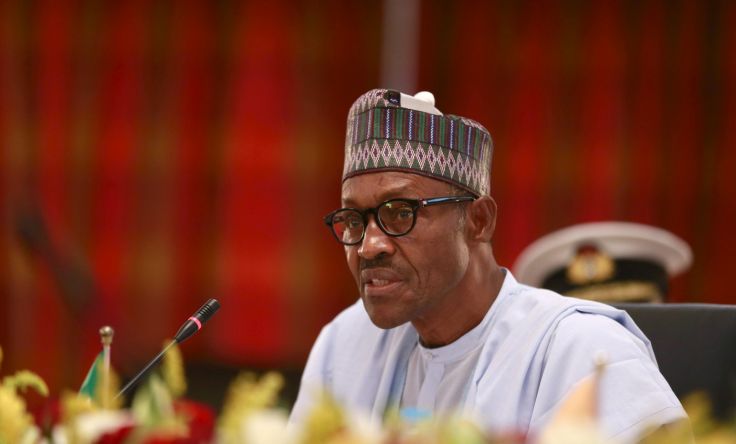
It is important to state that Nigerians need to come to terms with two realities. An economy on our trajectory will most likely have interest rates and inflation that are above normal. Ours is not yet a mature economy. Mature economies come with even bigger headaches than we have right now. We know some inflation is necessary for the growth of the economy, because producers of goods and services should liberally price in the time factor, and the growth in costs like staff salaries. Interest rates here can also not be in the region of five per cent because of the costs that banks have to bear to do their business as well as the need to price interest rates above inflation rates.
Additionally, Nigeria is trying to borrow to finance its 2016 budget and it is unlikely the situation will change in 2017. I admit that it will send wrong signals to those who buy these bonds if the MPC begins a downward pressure on rates right now. Look people, we are not Europe. We are not USA. We are not even South-East Asia. We are Nigeria. We are peculiar. We should embrace that peculiarity, define our economic track and run on that track.
Our chief concern in this country should be how to pull up our millions of our youths into the productive realm and ensure we produce for ourselves what we need. The manufacturers and bank customers who are asking for low rates are not exactly coming with clean hands anyway.
They are the same people with bad loans in AMCON and more sticky loans with the banks. The story of bank borrowers in Nigeria is a gory one. Almost 80 per cent of loans have one big issue or another. In-house hanky-panky by the banks don’t also make things better. So, before we clamour for reduction in interest rates, let us ask who benefits the most. The banks are also not about to change their attitude of lending only to “big boys”. What are the assurances that the poor man trying to grow his SME will be a beneficiary of rate cuts?
Let’s go for the denouement. By now, most of my readers know that I favour a major push in the fiscal area. Nigeria must spend to incentivise some critical demographic and productive sectors. Tax policies should also not be too harsh on the real sector. That is my view. I believe it is preposterous for anyone in Nigeria to believe that monetary policies can solve our problems in a largely informal economy, with so many leakages and quirks, so many unpredictabilities, and so much formlessness.
Compared to what I have seen of some of the largest economies around the world which have been able to sustain themselves, Nigeria is like the earth was before Creation Day; “dark and formless”.
Anyone that suggests that this economy will pull out of this morass first by reducing interest rates, so that people can borrow more, and hopefully employ more, and build big businesses, and then pay taxes, before we all have a taste of nirvana, does not love this country. What we need is more direct interventions that seek to directly boost productivity while putting money in the pockets of our citizens – especially the youths.
My advice for the Minister of Finance, Kemi Adeosun, therefore, is that even as she “releases” liquidity into the system, she has to follow the money. Chief Financial Officers of conglomerates are benchmarked on how many dollars they are able to repatriate and their head offices abroad are not happy for now, because even if the funds these companies were being owed are paid up, they have lost half of the money through our devaluation. Even Nigerian shareholders of major corporations who will get all these funds have externalised views. They are the ones with houses and investments abroad, and tastes for everything foreign. Their primary school children are studying in the UK and elsewhere. To that extent, only a very tiny fraction will remain in Nigeria if at all. Some of them will get those funds, and like our state governors, nothing will accrue to their poor staff who have been slaving away with no salaries for months if not years.
So, there is every likelihood that hundreds of billions of naira will be released – or is being released – but the average economically-disenfranchised Nigerian will continue to complain bitterly. The situation is so dire in Nigeria to the extent that it is running many people mental. All the eloquent words in the world will not help that situation. As things stand, believe you me, emotions are so tinder-dry and the next spark could lead to a major conflagration.
Concluded
Fasua, a policy analyst based in Abuja, wrote in via ceo@global-analytics.co.uk
END

Be the first to comment